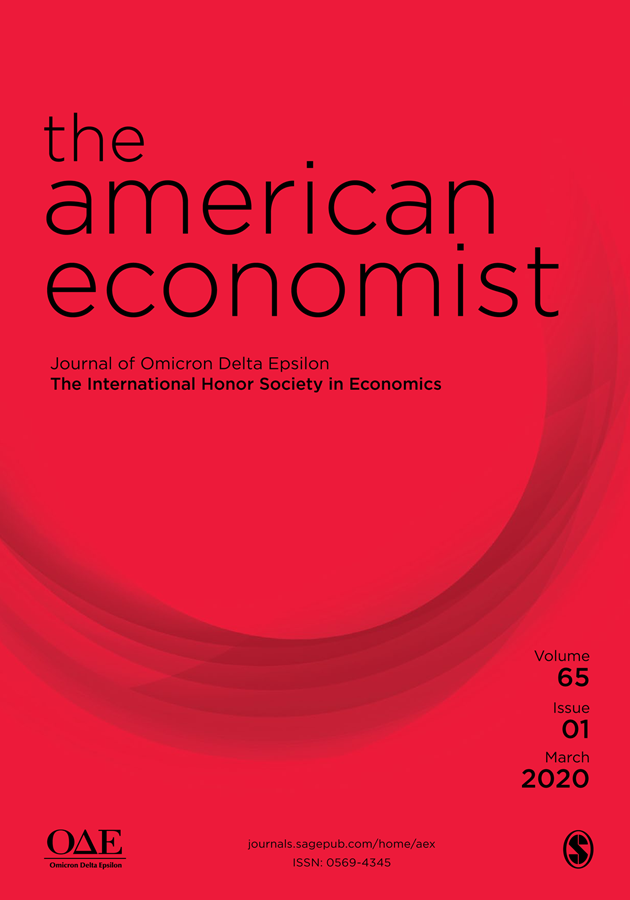Executive Summary
Dynamic stochastic general equilibrium (DSGE) modeling remains the workhorse of contemporary macroeconomics despite a growing number of critiques of its ability to explain the aggregate properties of an economic system. For the most part, those critiques accept the DSGE presumption that traditional macro data are primitive, causal data. This leads to a stipulative style of analysis where macro variables are explained in terms of one another. In contrast, we set forth an open-ended evolutionary (OEE) framework for OEE macroeconomics. Within this framework, systems data are not primitive but are derived from prior microlevel interactions without any presumption that those macrolevel derivations reflect systemic equilibrium among the microlevel primitive sources of action. We explore some contours of an OEE framework by placing coordination games within an ecological setting where no agent has universal knowledge relevant to that ecology of games.





